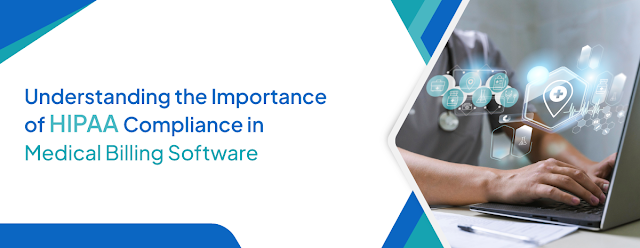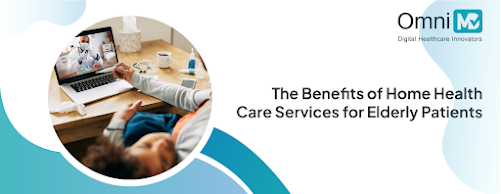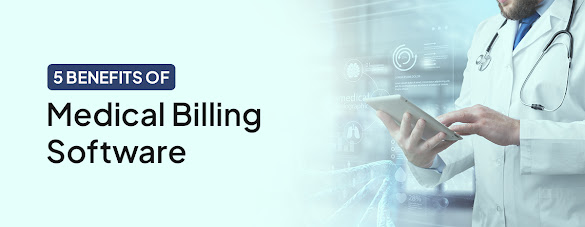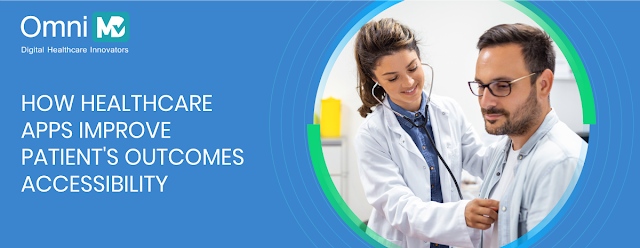Understanding the Importance of HIPAA Compliance in Medical Billing Software
These days, it is essential that medical billing software be compliant with the Health Insurance Portability and Accountability Act, 1996 (HIPAA). This is because of several reasons. Mainly, HIPAA compliance ensures the safety and privacy of electronic health information. The act also lays the foundation for creating national standards to safeguard private patient information.
Likewise, HIPAA intends to prevent disclosure without the knowledge and consent of the concerned patient. The goals of HIPAA include ensuring the security and privacy of the concerned health information, eliminating the risk of fraud, and preventing data leakage in the healthcare sector. HIPAA also aims to establish standards for using and storing protected health information. Compliance with HIPAA regulations benefits both healthcare providers and patients.
HIPAA Compliant and Billing Software: Some Essential Features
The HIPAA Act requires maintaining the confidentiality and integrity of protected health information (PHI). Security measures must be in place to safeguard it. Hence, organizations must ensure the following features are present in the concerned software for HIPAA compliance:
Encryption: Data must be secured through encryption. This method masks sensitive data by transforming it into a format that can be accessed by authorized individuals who possess a decryption key.
Transmission Security: This feature provides additional security through end-to-end encryption (E2EE). This method secures data at rest and data in transit.
User Authentication: This feature enables the use of unique login credentials to ensure the authenticity of the user. Also, multifactor authentication (MFA) provides increased security. This requires multiple login credentials, such as a username and password, along with a security question or a one-time PIN to access data so that users can access data.
Access Control: Unique login credentials, a HIPAA requirement known as the minimum necessary standard, help organizations only grant restricted or conditional access to the software components employees require to complete their job functions.
Importance Of HIPAA Compliance for Healthcare Providers
HIPAA compliance enables hospitals to streamline patient data management, especially in medical software like Hospital CRM or electronic health records. It also helps establish unified standards for storing and maintaining patient information. Further, it significantly reduces the chances of human error and misinformation.
Importance of HIPAA Compliance for Patients
In relation to patients, HIPAA compliance assures that individuals can rest assured that their health information will not be disclosed or shared without explicit consent. Patients can also get and examine a copy of their health records and request the healthcare provider to make corresponding corrections. They are also allowed to know how their health data can be used besides learning if cases of disclosure have happened in the past.
Consequences of HIPAA Non-Compliance
The consequences of HIPAA non-compliance are severe. These include criminal penalties, fines, lawsuits, legal liabilities, and civil monetary penalties. You could also face loss of reputation and trust, audits and corrective action plans, and even suspension of your healthcare license.
Why HIPAA Compliance is Important
As we have learned, HIPAA compliance is essential if you deliver healthcare directly or are in the business of assisting providers. Specifically, it is crucial to use HIPAA-compliant billing software, too. Regarding protected health information (PHI), HIPAA regulations are apparent. Suppose you are a covered entity, like a doctor, clinic, hospital, or business associate. You could also be their billing service or payment processor. In that case, you must protect the rights and privacy of your patients as part of your HIPAA compliance strategy.
Before the implementation of HIPAA, no stringent regulations were in place to address matters related to patient privacy. Primarily, patient privacy meant the trust the patient reposed the doctor. Equally, it would be the doctor’s responsibility to keep whatever happens in his office confidential. Implementing HIPAA has made the idea of patient privacy more strictly defined. This has been enforced with legal consequences, and strict regulations have been implemented.
Due to these HIPAA regulations, medical office personnel must confirm they comprehend the new regulations. Due to these strict compliance needs, implementing high-security HIPAA-compliant software has also become necessary. It is also essential to know if the data collected, processed, and safe on a backed-up and protected HIPAA-compliant server is accessible only to authorized personnel.
It is also essential that the updates to the medical billing software system are also HIPAA compliant. It is vital that software coding is HIPAA compliant, along with a serious investigation of software security. Although the concept of flawless software security is nearly non-existent, you need to work closely with your software providers to ensure HIPAA compliance.
Conclusion
Today, unlimited scalability and a wide selection of useful features can help prevent a patient’s privacy from being compromised. Therefore, it is just a matter of choosing the right software for your healthcare facility or business since most software is HIPAA compliant today. OmniMD’s HIPAA compliant medical billing software helps you automate workflow, reporting, and data integration for effortless revenue management across your medical practice. Contact us to know more!




Comments
Post a Comment